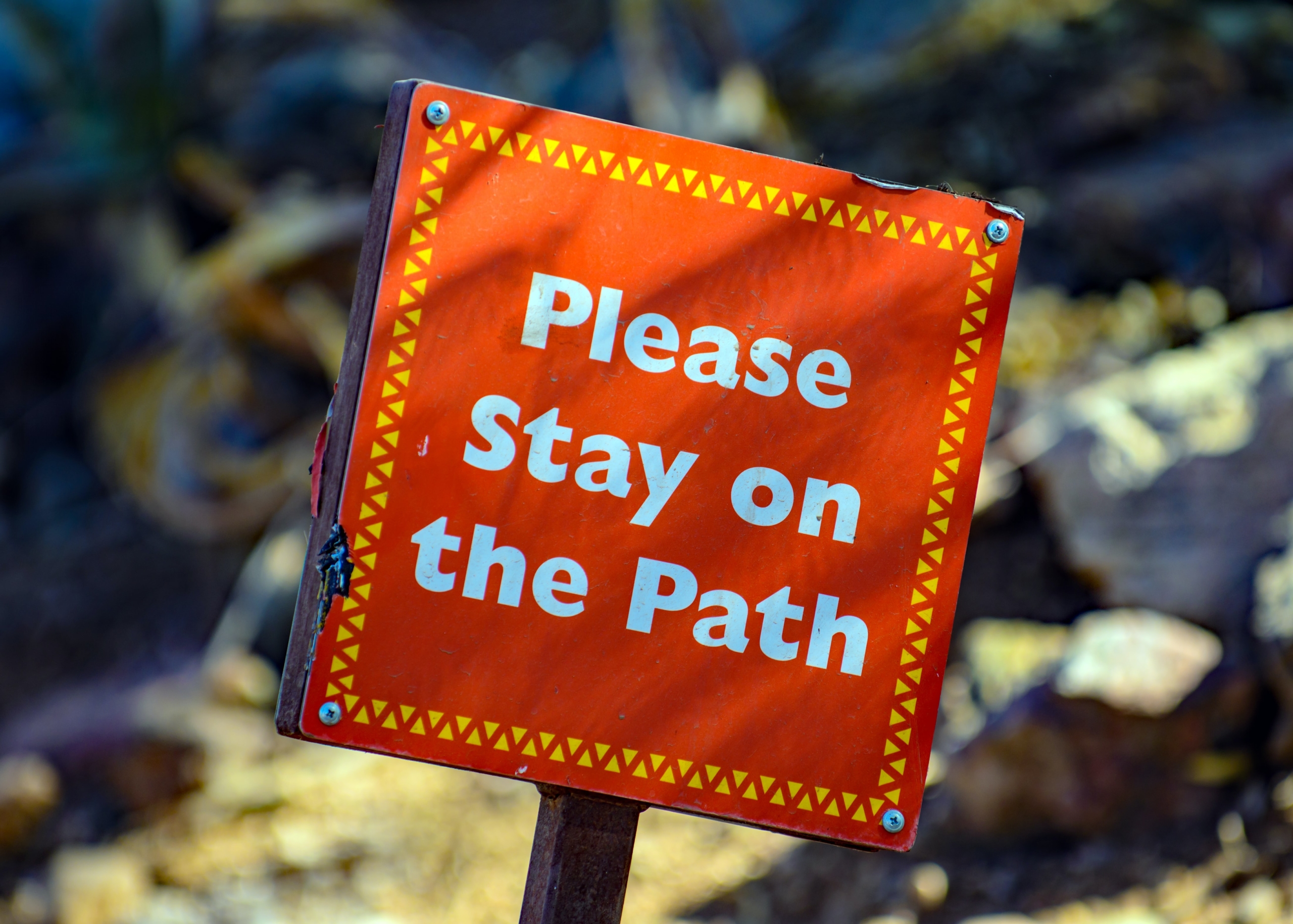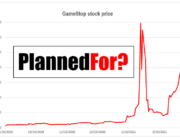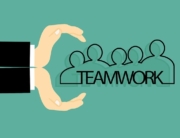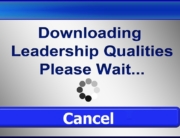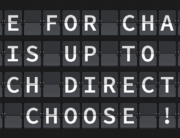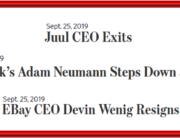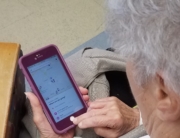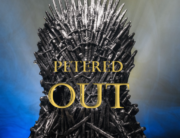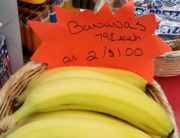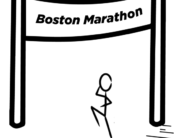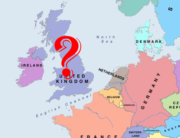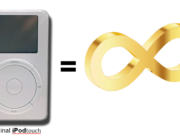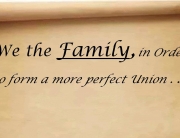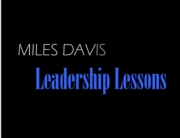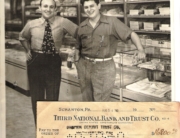I recently listened to a podcast on one country’s handling of the original SARS pandemic. How this virus was contained in 2003 offers us Lessons Found about business strategies.
SARS-CoV, a coronavirus with origins similar to COVID-19, made its debut seventeen years ago. This “original” SARS was less contagious than COVID-19 and the outbreak was contained primarily to Asia. Singapore’s experience with SARS started when several travelers were hospitalized with the contagion. The virus spread quickly within and across hospitals. Assuming the virus was related to healthcare settings, the government developed a “containment and elimination” strategy focusing on healthcare workers and patients. Then events raised doubts about this strategy. The virus started spreading in the general population among those with no healthcare connection. Shocked and dismayed, Singaporean health officials nonetheless stuck to their containment and elimination strategy but extended it outside the hospital setting. This choice to maintain their original strategy paid off, as the spread of the virus was controlled in Singapore within two weeks.
The first Lesson Found is to carefully evaluate obstacles before straying from your chosen strategy. A well thought out business strategy includes making some educated assumptions about the future of your market as well as the results of actions you will take. Many owners, when encountering a significant issue outside of these assumptions, react too quickly with actions contrary to their chosen strategy. Rather, you should objectively evaluate the unexpected issue to determine its consequences. Is that issue an outlier, unlikely to recur? Will your strategy adequately handle the issue even if that issue was not previously considered?
Rashly abandoning strategies in mid-course can cause confusion and delayed achievement of your goals.
How Singapore decided on its strategy is the source of our second Lesson Found. With its onset, health officials recognized similarities between SARS and Ebola. Thus, Singapore decided on a strategy that mimicked how the 1990s Ebola outbreak was eventually controlled.
It’s not always necessary to create original strategies from scratch. Just like Singapore appropriated a previously successful strategy, business owners can look outside their industries for proven strategies that could accomplish their goals. Some describe this method as an alternative form of R&D: “Rip Off & Duplicate”. While sounding a bit shady, it’s legitimacy has been validated by a review in the prestigious Harvard Business Review. (The caveat is that R&Ding a strategy is not the same as encroaching on another’s patent, copyright or other intellectual property.)
Of course, it is essential to initially choose a strategy only after carefully considering all the possible outcomes. Even then, the strategy should be sufficiently flexible to handle the unknown. Evaluating these options is enhanced by broadening your input and perspective beyond yourself and your company. That is why I am forming a peer advisory group where CEOs and Business Owners can work together to enhance their decisions when choosing strategies as well as for other significant business issues.
Interested in learning if this peer advisory team is a good match for you and your business? Email (mark@strategicbizgroup.com) or call (717-439-6254) to schedule a brief, no obligation phone conversation.
Life brings us lessons every day. Sometimes from expected sources. And sometimes from sources and situations we never would have thought possible. Either way, they are a gift found. I am fortunate to find these types of lessons regularly and wanted to share them with you with this weekly series of “Business Lessons Found”.
Did you recently receive the gift of a Business Lesson Found that has helped you with management, marketing or another aspect in business? I would love to hear about it. Comment below or send me an email to let me know.
ACKNOWLEDGEMENTS: Photo by Mark Duffel on Unsplash

